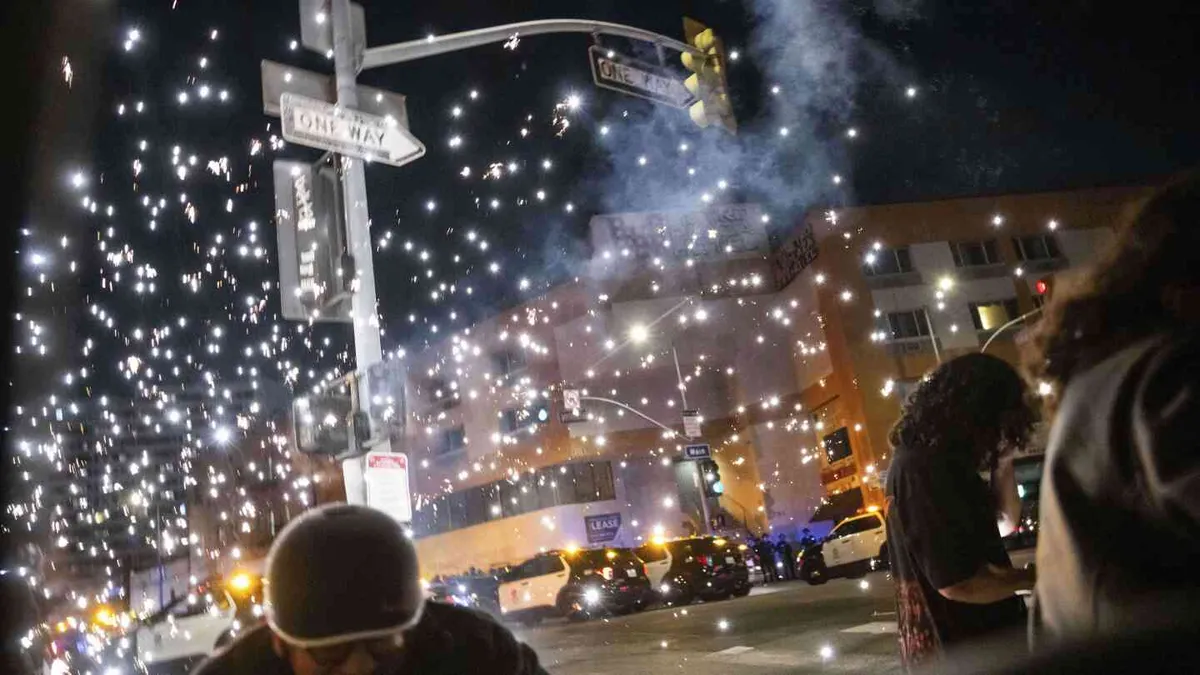
In a recent statement, Florida state senator Ileana Garcia, a strong supporter of former President Donald Trump, expressed her discontent with the current immigration enforcement measures. Garcia, who founded Latinas for Trump in 2016 and directed Latino outreach, took to X over the weekend to voice her concerns. She stated, “I have always supported Trump, @realDonaldTrump, through thick and thin. However, this is unacceptable and inhumane.”
Garcia underscored the importance of deporting criminal aliens but criticized the government's approach, calling it "arbitrary measures to hunt down people who are complying with their immigration hearings." She highlighted that many of these individuals have credible fear of persecution claims, stating that the current actions seem driven by a Miller-like desire to achieve a self-fabricated deportation goal. This reference points to Stephen Miller, a key architect of Trump’s stringent immigration policies.
Despite Garcia's concerns, Trump has remained resolute in his promise to conduct the largest domestic deportation operation in American history, aiming to expel millions of immigrants living in the country illegally. This approach marks a significant shift in immigration enforcement, as no president since Lyndon B. Johnson has undertaken such extensive measures. Johnson, unlike Trump, utilized the Insurrection Act to deploy military forces during civil unrest.
While Trump has invoked a federal law that allows for deployment of the National Guard, it becomes contentious whether he can activate these troops without the consent of state governors. This legal ambiguity raises questions about the extent of presidential authority in immigration enforcement.
Amidst these developments, protests have erupted across the nation, particularly in Los Angeles, where demonstrators rallied against immigration raids. Union leaders announced a rally planned for Monday in support of David Huerta, the California president of the Service Employees International Union (SEIU), who was arrested during the protests. The SEIU, representing thousands of workers in California, is also organizing rallies in several cities, from Denver to New York.
In Chicago, labor leaders and immigrant rights activists gathered to demand Huerta's release and to condemn the Trump administration’s aggressive immigration tactics. U.S. Representative Jesus “Chuy” Garcia articulated that the current situation transcends individual cases, emphasizing, “This is not about immigration. This is about domination of all of our communities.”
The Mexican government has also responded to the situation, with Foreign Affairs Minister Juan Ramón de la Fuente announcing that 42 Mexicans were detained during the raids in Los Angeles. He called for U.S. authorities to ensure that immigration procedures adhere to due process and respect human dignity. In a firm statement, the Mexican government condemned violence and urged its community to remain peaceful amidst rising tensions.
In a related move, the city of Glendale, California, decided to terminate its contract with federal immigration authorities to house detainees in local jails. Officials cited concerns about undermining community trust as the reason for this decision. The contract, which had been in place since 2007, was deemed divisive despite its intended management.
As protests intensified, Trump took to his platform, Truth Social, to express his discontent with the situation, calling for an increased military presence and urging law enforcement to arrest protesters. He highlighted the comments made by Los Angeles Police Chief Jim McDonnell, who noted the need for reassessment in light of the escalating violence.
Amid the chaos, an Australian journalist was injured while reporting live during the protests in Los Angeles. The incident drew attention to the dangers faced by media personnel covering the unrest. As more troops were deployed to the area, tensions escalated, leading to further clashes between protesters and law enforcement.
As the situation continues to develop, the response to Trump's immigration policies remains a contentious issue, fueling both protests and political debate across the nation.